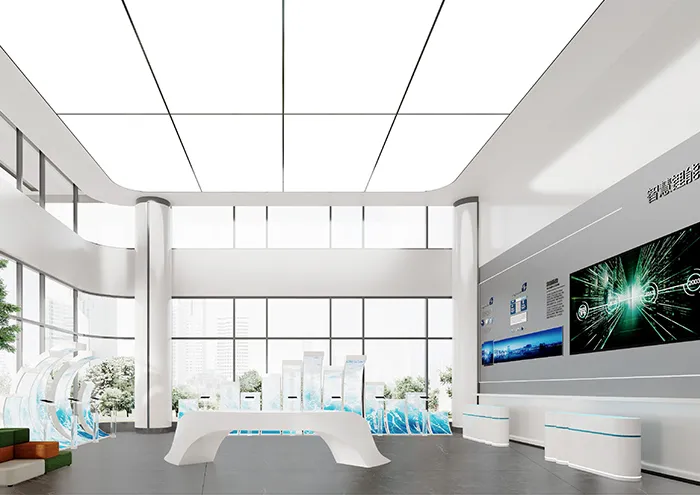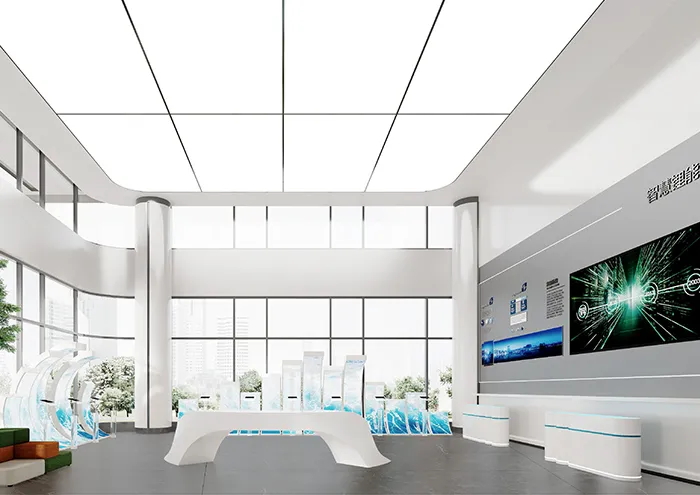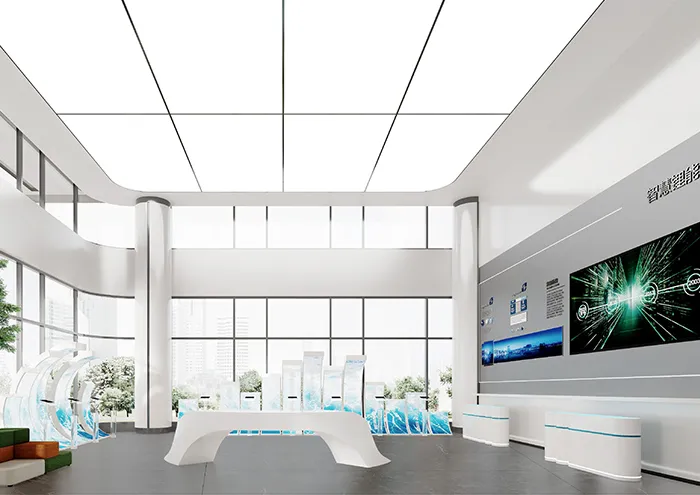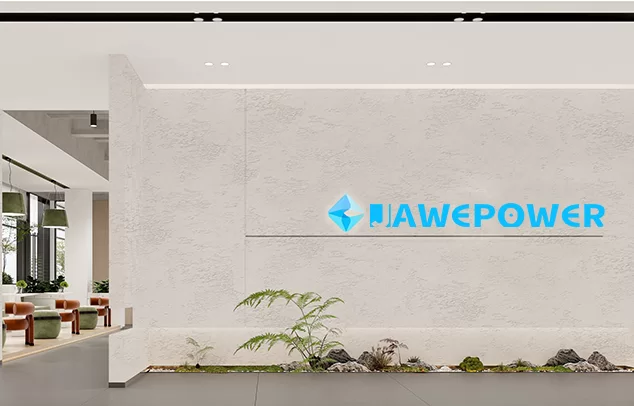WHY CHOOSE JAWEPOWER
-
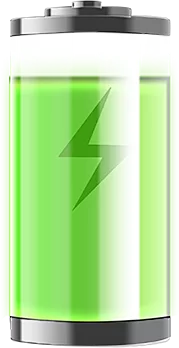
Robust R&D Strength
As a Chinese lithium-ion battery manufacturer, we have built a strong foundation in consumer lithium battery technology during our early years. Leveraging our robust R&D capabilities, we quickly entered the supply chain of EVE Energy, a leading lithium battery enterprise. Through EVE Energy, we have further integrated into the global supply networks of prestigious clients, including German automotive giants BMW and Daimler, Korean manufacturer Hyundai, and one of China's top emerging EV brands, XPeng Motors.
-

Diversified Battery Solutions
We have built a comprehensive strategic product layout, from small lithium batteries to large-scale power and energy solutions, excelling many lithium-ion battery companies focus on a single technology. With mature, diverse product lines, we offer prismatic lithium iron phosphate (LiFePO4) batteries for energy storage while providing ternary cylindrical batteries for power tools, two-wheelers, and more. By diversifying across lithium materials and product forms, we secure stable cash flow through high-margin small lithium battery products (such as 3C applications like TWS earbuds and power tools) while positioning ourselves for significant incremental growth in the expansive downstream market for power and storage batteries, ensuring strong momentum for long-term performance.
-

Dedicated Customer Service
At Jawepower, we put customer satisfaction at the core of our lithium-ion battery wholesale business. We offer free repair or replacement services for any battery failures caused by quality issues within the warranty period. In addition, we provide detailed guidance on battery care and maintenance to help maximize battery performance and extend service life beyond expectations. With a professional customer service team, we are always ready to offer professional support, ensuring a worry-free experience from purchase to after-sales service.
